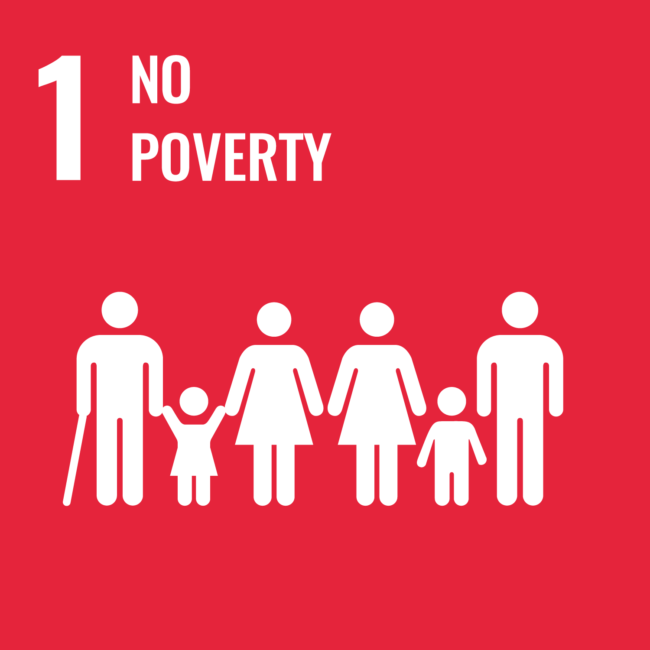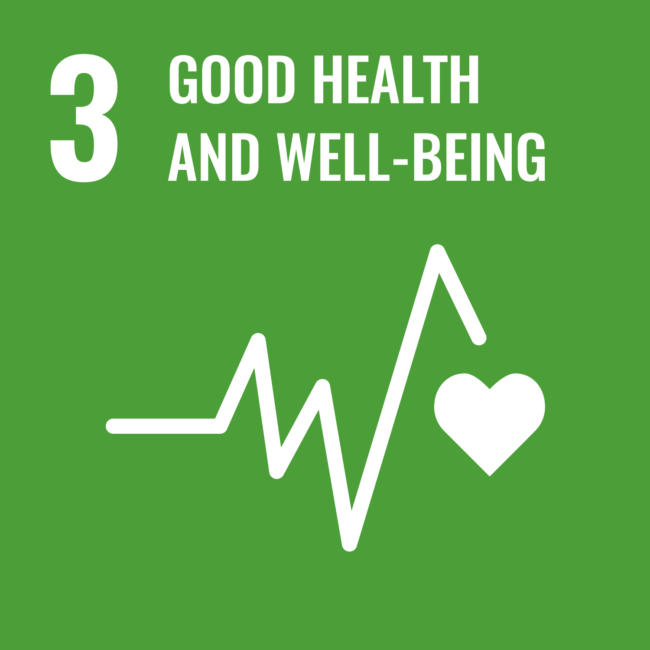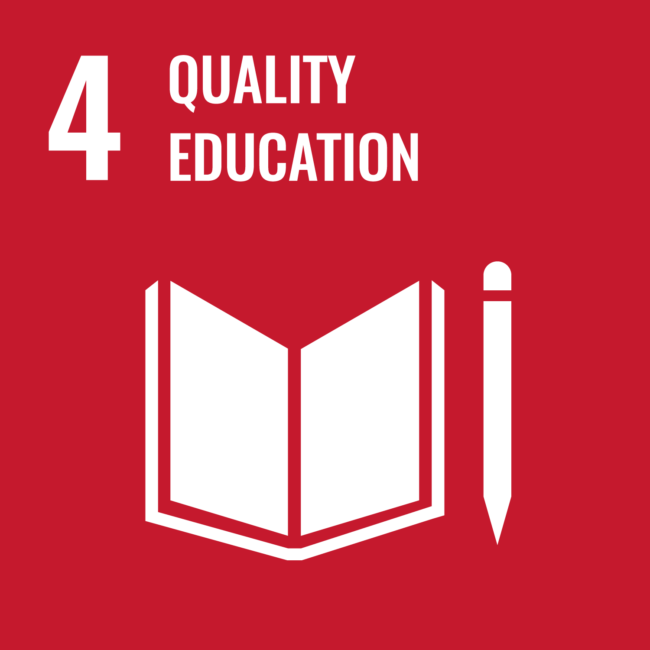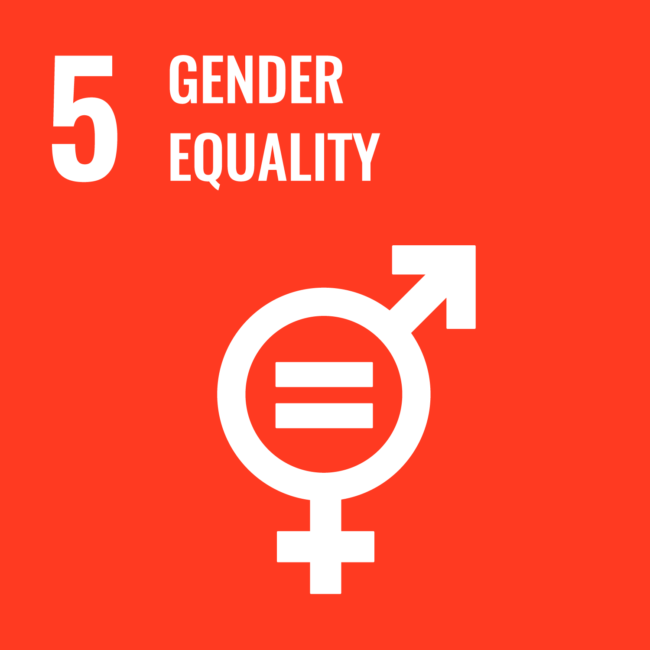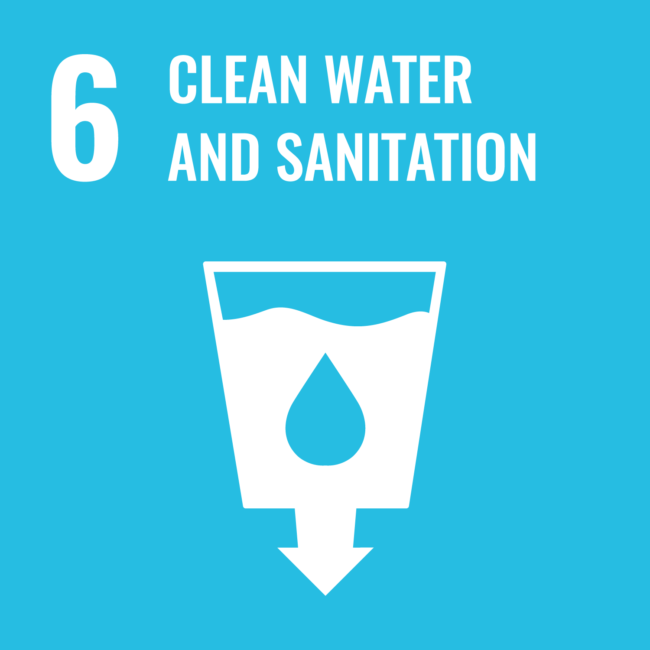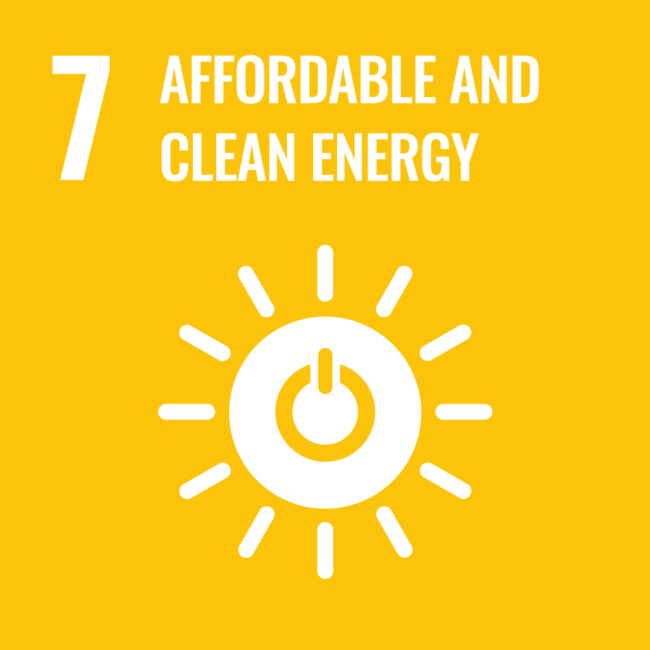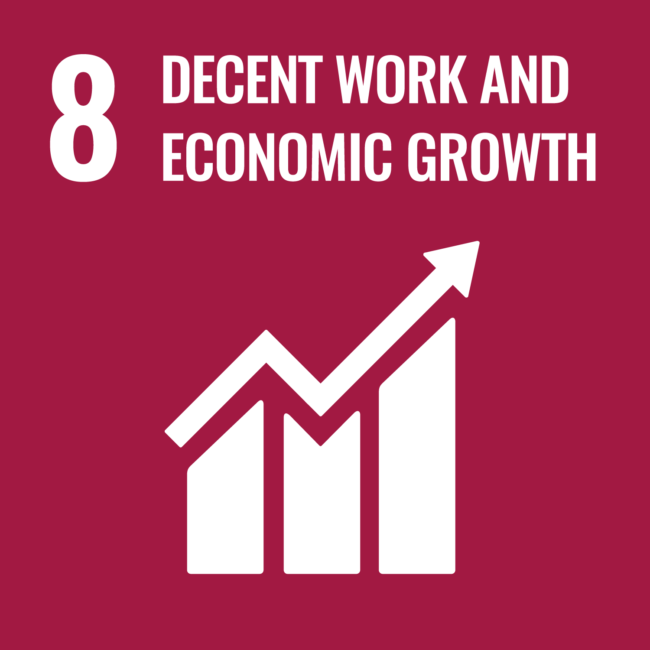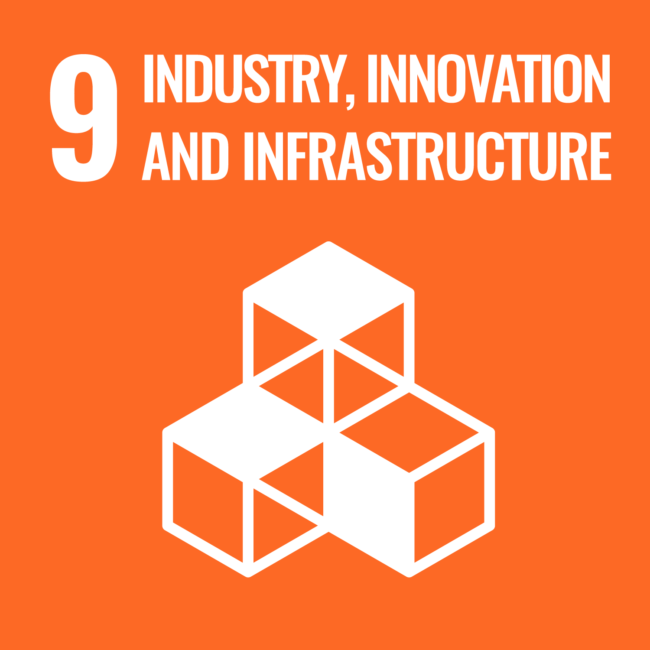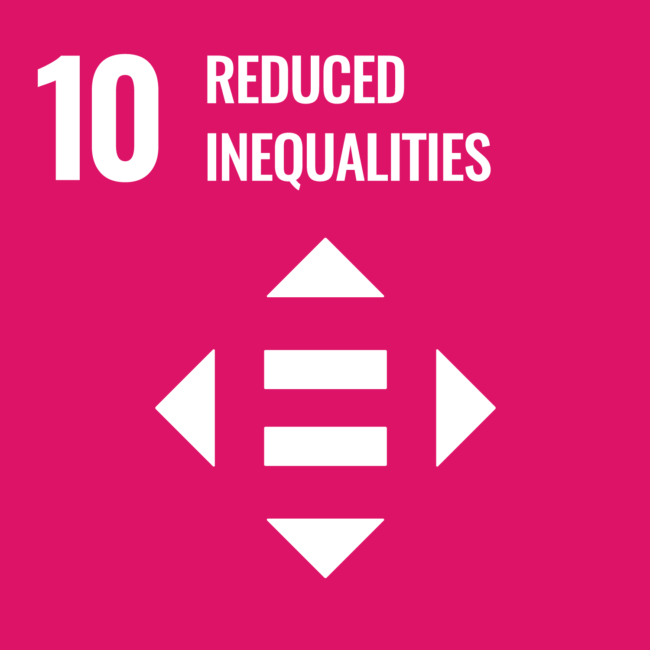What are Sustainable Development Goals - SDG's?
The Sustainable Development Goals or Global Goals are a collection of 17 interlinked global goals designed to be a "blueprint to achieve a better and more sustainable future for all". The SDGs were set up in 2015 by the United Nations General Assembly and are intended to be achieved by the year 2030.
Sustainable Development Goals (SDGs)
We energetically pursue the UN’s SDGs. Specifically those relating to: gender equality; decent work and economic growth; industry innovation and infrastructure; sustainable cities and communities; and responsible consumption and production.

#1 No Poverty
Our technologies can help buyers to better support living standards for mining & producing communities by enabling artisanal and small-scale production to enter a legitimate market and be paid market rates.
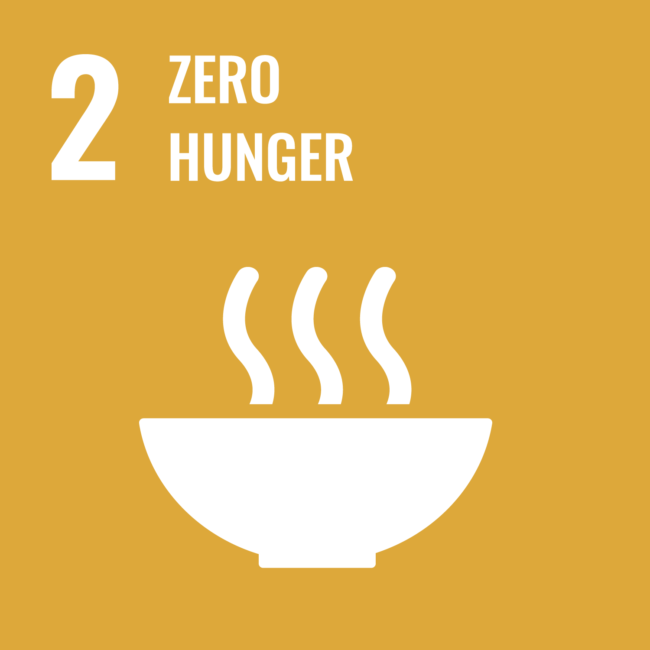
#2 Zero Hunger
End hunger, achieve food security and improved nutrition and promote sustainable agriculture.
#3 Good Health
Anti-discrimination training was completed in Nov 2019 (8 participants). Indirect sex discrimination: Flexible working policies for mothers returning to work from maternity leave.
Anti-discrimination & harassment policies and equal opportunities policies
#4 Quality Education
Ensure inclusive and equitable quality education and promote lifelong learning opportunities for all.
#5 Gender Equality
In gemstones, together with Pact, ANZA Gems and Nineteen 4, we are part of Moyo Gemstones, an ethical gemstone collaboration born in Tanzania, focused specifically on empowering women miners.
#6 Clean Water
Enabling transparent reporting on the environmental and responsible practices in the supply chain incentivizes companies— particularly mining companies- to better address their water consumption, potential water pollution and wastewater disposal.
#7 Affordable and Clean Living
We are working with the battery sector to support clean energy sources and sustainable production, reuse, repurposing and recycling of those materials and products. Find out more:
#8 Decent Work & Economic Growth
“Promote sustained, inclusive and sustainable economic growth, full and productive employment and decent work for all”
Enabling transparent reporting on the ethical and responsible practices in the supply chain can support prevention and mitigation regarding human rights abuses, supports workers rights, and helps communities to develop.
#9 Industry, Innovation & Infrastrucuture
“Build resilient infrastructure, promote inclusive and sustainable industrialization, and foster innovation”
Our platform uses blockchain, Near Field Communication (NFC) and Internet of Things (IoT) technologies to surface the story of an object, from its manufacturing origin to the end consumer.
#10 Reduced Inequalities
“Reduce income inequality within and among countries”
We are working with Universities, mobile money stakeholders and Supply chain partners to create digital invoices and IDs for small scale producers typically left out of the legitimate (and often high paying) marketplace.
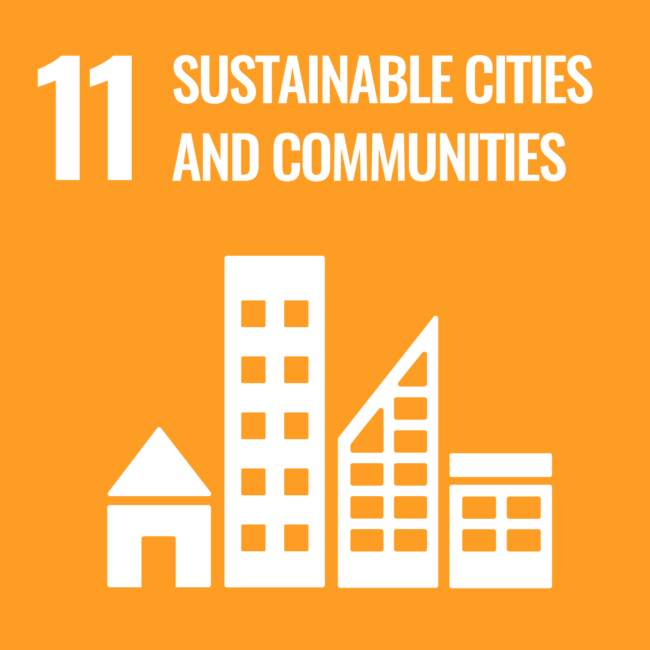
#11 Sustainable cities and communities
“Make cities and human settlements inclusive, safe, resilient, and sustainable”
Collection and management of e-recycling and increasing the life of materials is at the core of creating sustainable communities and markets. Everledger is working to support green economy programs including the collection and recycling of plastic, tire, and battery.
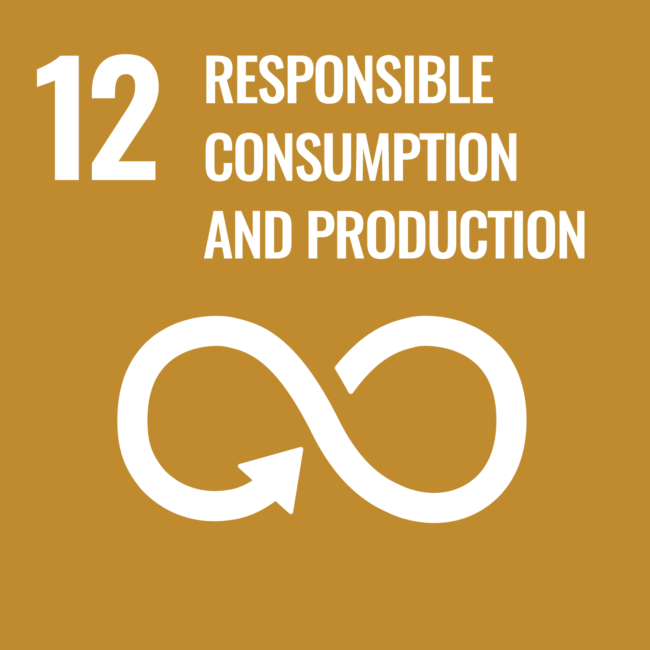
#12 Responsible consumption & production
“Ensure sustainable consumption and production patterns”
Our technologies support the move to responsible purchasing and sourcing practices. This mechanism for ensuring due diligence to prevent and mitigate modern slavery across and making it easier for companies to identify and source-verified recycled raw materials.
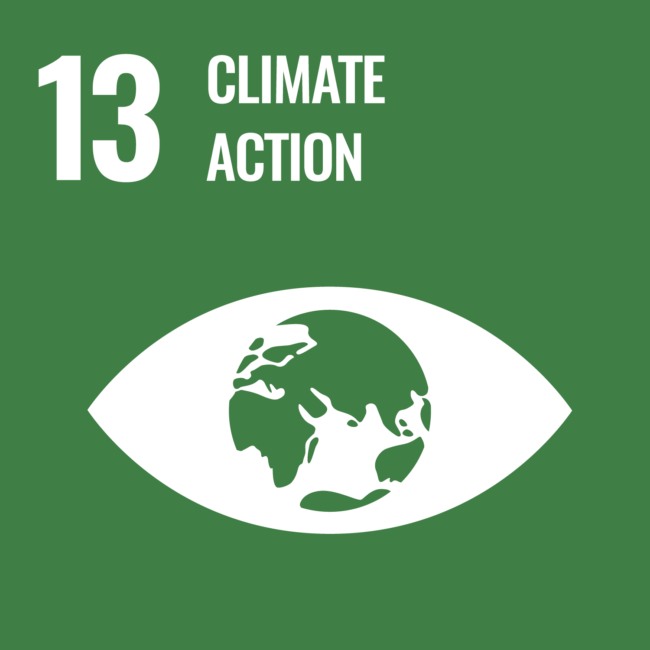
#13 Climate Action
“Take urgent action to combat climate change and its impacts by regulating emissions and promoting developments in renewable energy”
One of the biggest challenges for brands and retailers is being able to report their climate risks from raw material source to their end product. Everledger has created a flexible reporting tool that supports the entire supply chain to disclose energy use and their energy sources so that climate impacts are better understood and more readily addressed.
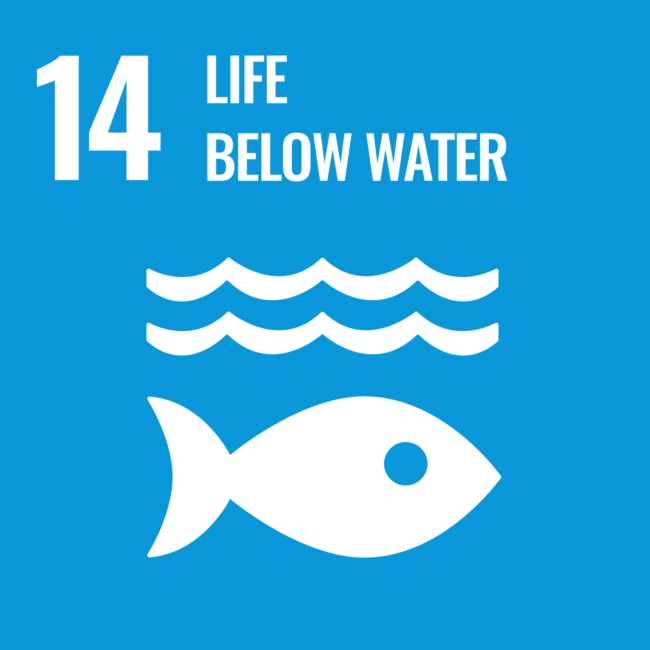
#14 Life Below Water
“Conserve and sustainably use the oceans, seas and marine resources for sustainable development.”
(With COEX, Everledger was able to successfully demonstrate recycled pet from plastic items all too often destined for our oceans?)
Through the platform, Everledger connects supply chain actors with impact partners to offset their energy and restore land and ocean ecosystems impacted by material extraction and production.
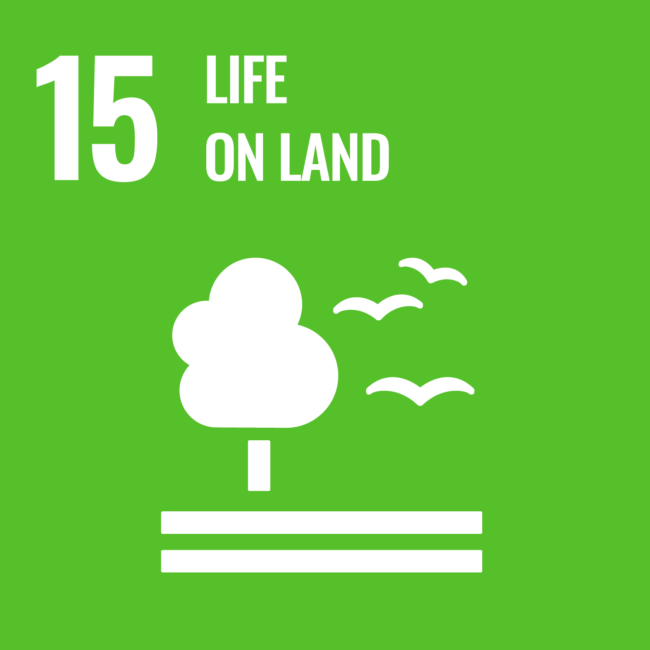
#15 Life on Land
“Protect, restore and promote sustainable use of terrestrial ecosystems, sustainably manage forests, combat desertification, and halt and reverse land degradation and halt biodiversity loss.”
Through the platform, Everledger connects supply chain actors with impact partners to offset their energy and restore land and ocean ecosystems impacted by material extraction and production.
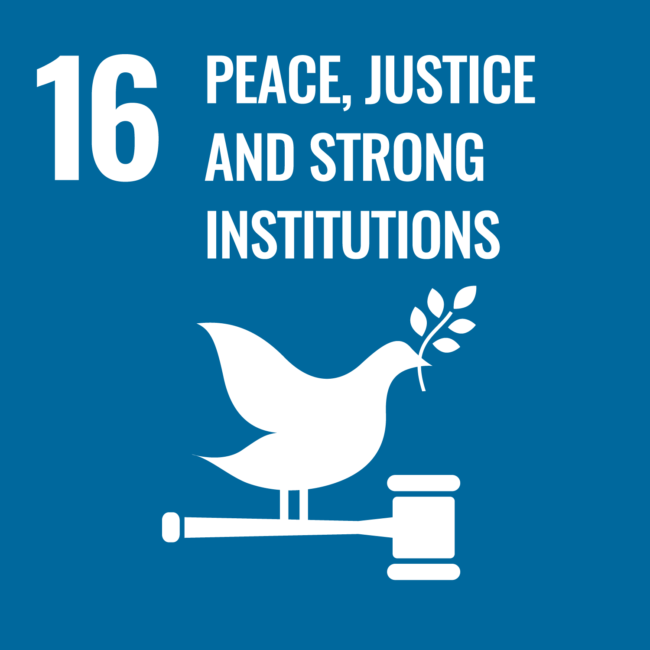
#16 Peace, Justice & Strong Institutions
“Promote peaceful and inclusive societies for sustainable development, provide access to justice for all and build effective, accountable and inclusive institutions at all levels”
Everledger dashboard transparently reports on key risks and issues that support anti-corruption and human mitigation, including the early warning signs to companies issued by governments and non-profit organizations to take action on certain issues.
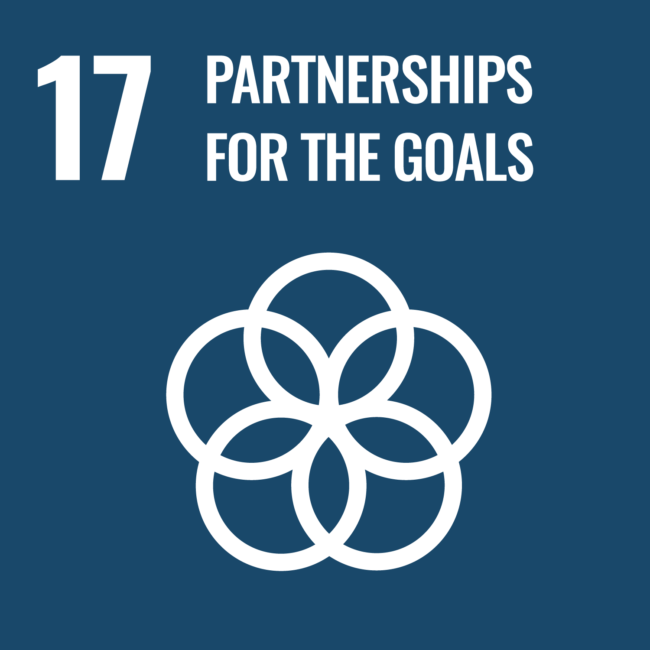
#17 Partnerships for the Goals
“Strengthen the means of implementation and revitalize the global partnership for sustainable development.”
Everledger’s leadership and contribution to academic partnerships, research, and real-world implementation include working with Universities, governments, and multi-stakeholder parties. These partnerships include but are not limited to the University of Queensland and Cornell University and the World Economic Forum, the OECD and the UN, and working with our peers in the Hyperledger community to extend and scale our tech for good applications.
